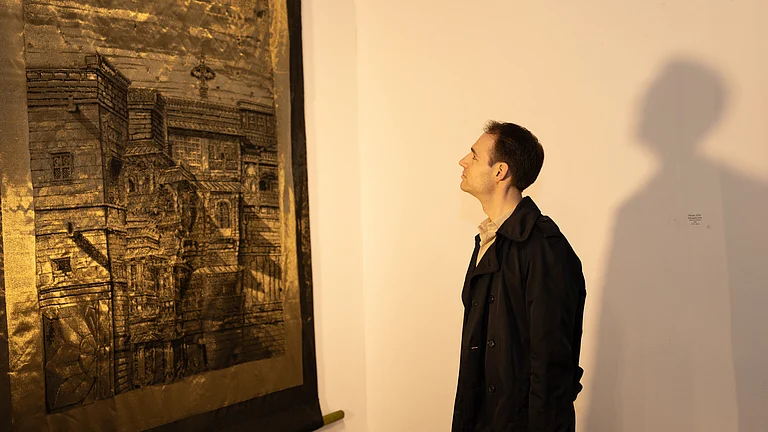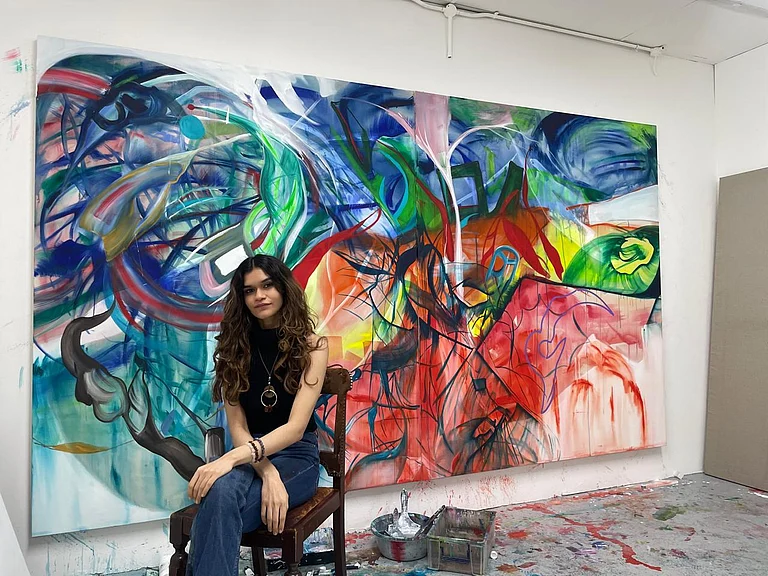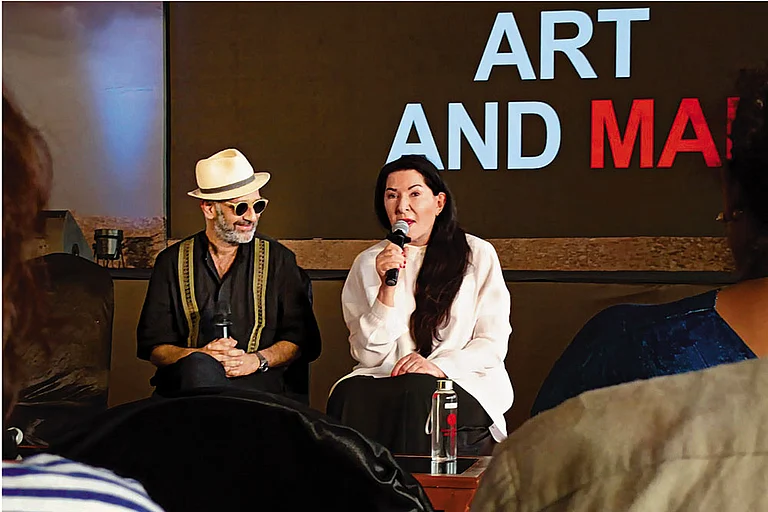Ganesh Chaturthi, a festival celebrated with fervor and devotion, brings together artisans from various corners of India, each contributing their unique touch to the creation of Ganesh idols. These idols, which become the heart of the celebrations, reflect the rich cultural diversity of the country. Let’s explore the distinct styles and traditions of Ganesh idol-making from different regions of India.
1. Maharashtra: The Birthplace of Tradition

Ganesh Chaturthi has a great association with Maharashtra, especially with the cities of Pune and Mumbai. This has made artisans to be held in high esteem because of their tradition and mastery of this kind of work. The most famous of all is the Pen village in Maharashtra specifically known for its manufacture of ganesh idols. These idols are mostly made of clay and plaster of Paris with nice designs and bright colors depicting the Lord Ganesha. The statues from this area are believed to be some of the most majestic, huge statues that symbolize the religiosity and artistic history of the area.
2. West Bengal: A Fusion of Cultures

Kolkata is the center of culture and art in India and is famous for the Durga Puja, but the city also hosts many professional sculptors who make exquisite Ganesh idols. Paralakhemundi, the district headquarters of Gajapati district consists of artisans possessing distinct Bengali sculpture-making art which can be seen in the fine facial structures and appealing eyes of the Ganpati idols. The Ganesh idols of West Bengal are mostly prepared using clay material and thus have a polished look; the artwork carries a typical Bangla touch on the common imagery of Lord Ganesha.
3. Tamil Nadu: Dravidian Elegance

It is noteworthy that Ganesh idols in Tamil Nadu especially Chennai are reminiscent of the Dravidian architectural style. Sculptors here create elaborate and distinct headpieces, and detailed engravings, and are sometimes painted in less vibrant tones as compared to the greater majority of the idols. Popular traditional materials include clay, plaster of Paris, and paper-mâché and there is a strong influence from South India as far as the shapes of the idols are concerned. The deities are not only mostly gods worshipped, but aesthetic objects and structures of art that depict the beauty of elegant Dravidian art.
4. Odisha: The Art of Silver Filigree
Odisha, with its rich tradition of silver filigree work, brings a unique touch to Ganesh idol-making. Often known for their grand-sized Ganpati idols, cities like Cuttack and Puri are famous for their unique designs and intricate embellishments on clay idols.
Inspired by the 7th-century depiction of lord Ganesh in standing and dancing form in the Odisian temples, the idols of Ganesha often fall into three categories Asina (situated), Sthanka (standing), and Nrutya (dancing). These idols often depict Lord Ganesha in traditional Odia attire, with a focus on ornate designs and delicate craftsmanship. The idols from Odisha stand out for their blend of simplicity and opulence, making them highly sought-after during Ganesh Chaturthi.
5. Andhra Pradesh: Eco-Friendly Innovations

Vijayawada in Andhra Pradesh is known for its eco-friendly approach to Ganesh idol-making. Artisans here use natural materials such as clay, turmeric, and neem to create idols that are not only beautiful but also environmentally sustainable. These idols often feature natural dyes and minimalistic designs, focusing on the spiritual rather than the material aspects of the festival. The simplicity of the idols, combined with their eco-friendly nature, has made Andhra Pradesh a leader in the green Ganesh movement.
6. Gujarat: Vibrant and Contemporary

In Gujarat, cities like Ahmedabad and Surat are known for their vibrant and contemporary Ganesh idols. Artisans here experiment with bold colors, modern materials, and innovative designs, creating idols that appeal to a younger generation while still honoring traditional motifs. The use of vibrant fabrics, beads, and mirrors is common, giving the idols a festive and lively appearance. The Ganesh idols from Gujarat are a reflection of the state’s dynamic culture, blending tradition with modernity in a way that is uniquely Gujarati.
7. Karnataka: The Harmony of Heritage

Bangalore, the IT hub of India, also has a rich tradition of Ganesh idol-making. The artisans here create idols that reflect the cultural heritage of Karnataka, with a focus on harmony and balance. These idols often feature intricate carvings, traditional jewelry, and careful attention to detail. The use of locally sourced materials and natural colors gives the idols a distinct look that is both earthy and elegant. The Ganesh idols from Karnataka are celebrated for their craftsmanship and their ability to capture the serene and benevolent nature of Lord Ganesha.
8. Rajasthan: Royal Splendor

Jaipur, the Pink City of India, adds a royal touch to Ganesh's idol-making. The artisans in Rajasthan are known for creating beautifully painted idols, often using materials like clay and marble. These idols are characterized by their vibrant colors, detailed ornamentation, and a certain regal aura that reflects the grandeur of Rajasthani art. The use of traditional Rajasthani painting techniques, with intricate patterns and rich colors, makes these idols stand out as symbols of royal splendor and devotion.
9. Goa Artisans

The Village of Kumbharwada in Mayem, Goa is known for its artisans’ occupancy serving heavy demand of Ganesh idols with their distinctive sculpture-making art. Local artisans often use readily available clay and natural colors for their harmless nature. Goan artisans invest months in the preparation of these detail-oriented clay sculptures to fulfill festive season orders.
The art of Ganesh idol-making is as diverse as India itself. From the eco-friendly idols of Andhra Pradesh to the royal splendor of Rajasthan, each region brings its own unique touch to the celebration of Ganesh Chaturthi. As you choose your Ganesh idol this year, take a moment to appreciate the rich traditions and craftsmanship that go into creating these beautiful symbols of devotion. Whether you prefer the grandeur of Maharashtra, the elegance of Tamil Nadu, or the innovation of Andhra Pradesh, there’s a Ganesh idol out there that perfectly captures the spirit of this beloved festival.






















